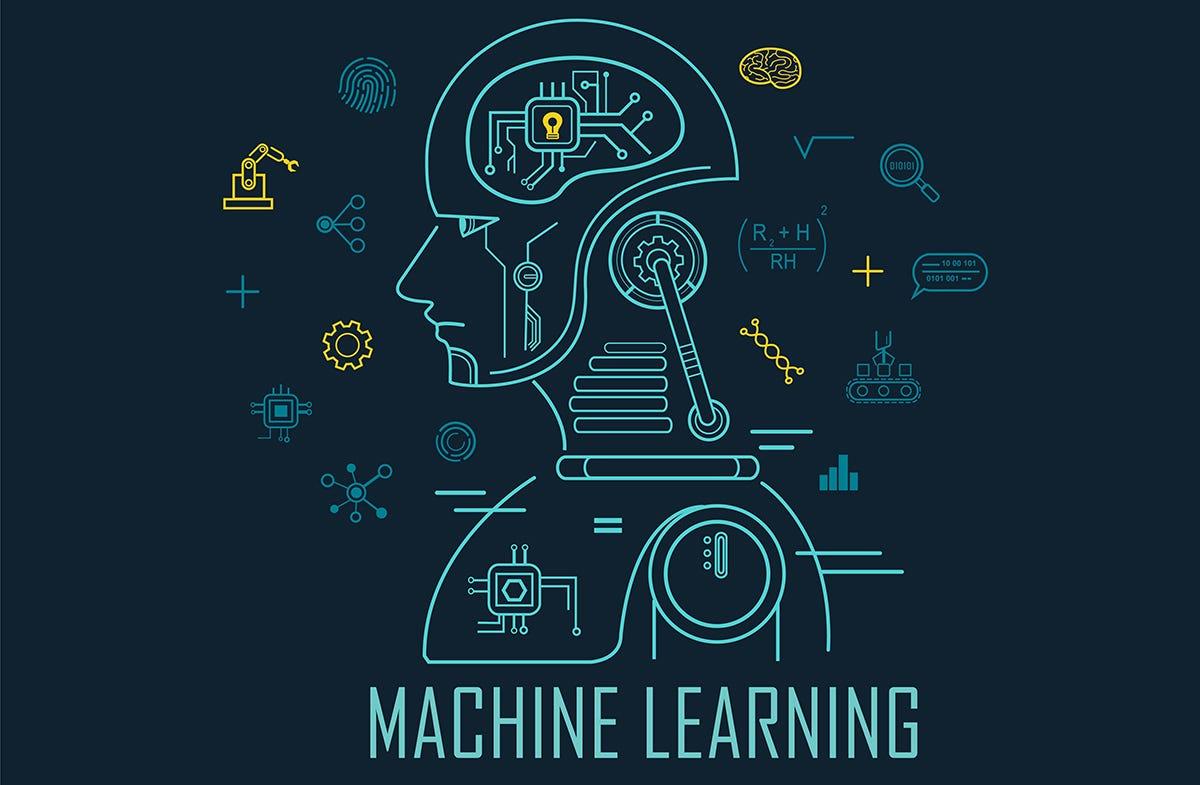In a world where the boundaries between human intelligence and artificial intelligence continue to blur, the emergence of an AI mathematician fueled by machine learning and information theory concepts is positioning itself as a game-changer in the realm of computational mathematics. As we delve into the intricate nexus between mathematical reasoning and algorithmic learning, a powerful union between machine and mind is revolutionizing the way we approach mathematical challenges. Join us on a journey through the fascinating landscape of AI-driven mathematics, where the lines between calculation and cognition are increasingly becoming indistinguishable.

Understanding the Intersection of Machine Learning and Information Theory
Machine learning and information theory are two powerful fields that have been intersecting more and more in recent years, leading to exciting advancements in artificial intelligence. Understanding the synergy between these disciplines can pave the way for the development of AI systems that exhibit human-like problem-solving abilities. One key concept that emerges from this intersection is the idea of using information theory principles to improve machine learning algorithms.
By leveraging information theory, AI researchers can optimize how data is encoded, transmitted, and decoded, leading to more efficient and accurate machine learning models. Additionally, the application of concepts such as entropy, mutual information, and compression algorithms can enhance the learning capabilities of AI systems. This marriage of machine learning and information theory has the potential to revolutionize the field of artificial intelligence, bringing us closer to the creation of an AI mathematician capable of solving complex problems with ease.

Leveraging Machine Learning Algorithms for Mathematical Problem Solving
Machine learning algorithms have revolutionized the field of mathematical problem-solving by harnessing the power of data and information theory concepts. By leveraging these advanced algorithms, researchers and mathematicians are paving the way towards the development of AI mathematicians capable of solving complex mathematical problems with unprecedented speed and accuracy.
One of the key advantages of using machine learning in mathematical problem solving is its ability to identify patterns and trends in data that may not be obvious to human mathematicians. By training algorithms on large datasets, AI mathematicians can learn from the data and apply this knowledge to solve new and challenging mathematical problems. This approach not only streamlines the problem-solving process but also opens up new possibilities for discovering novel mathematical theorems and proofs.

Harnessing Information Theory Concepts to Enhance AI Mathematician Capabilities
Utilizing the principles of information theory in the development of artificial intelligence mathematician capabilities opens up a world of possibilities. As AI continues to evolve, incorporating concepts such as entropy, mutual information, and compression algorithms can enhance the ability of AI mathematicians to process and analyze complex mathematical problems with greater efficiency.
By harnessing the power of machine learning algorithms alongside information theory concepts, AI mathematicians can improve their problem-solving skills, optimize resource management, and make more accurate predictions. This synergy between information theory and artificial intelligence paves the way for more advanced mathematical models and solutions in various fields, from finance and engineering to healthcare and beyond.
Future Outlook
the fusion of machine learning and information theory concepts holds exciting possibilities for the development of an AI mathematician. By leveraging these cutting-edge technologies, we can push the boundaries of mathematical exploration and discovery. As we continue to delve deeper into the realms of artificial intelligence and mathematics, the potential for groundbreaking advancements is virtually limitless. The future of mathematics may very well lie in the hands of machines, guided by the principles of machine learning and information theory. Exciting times lie ahead as we navigate this new frontier of AI-powered mathematics.